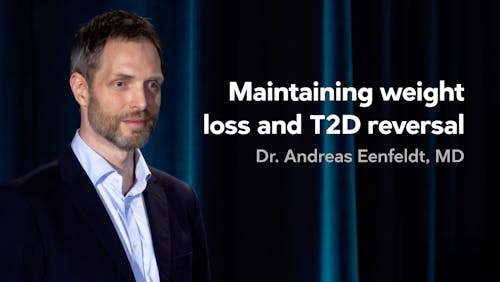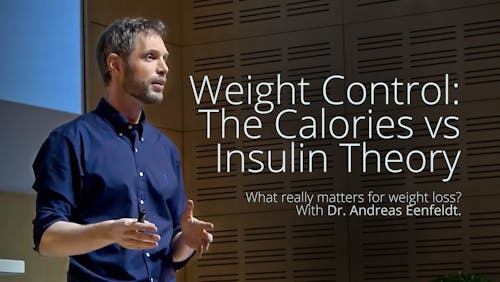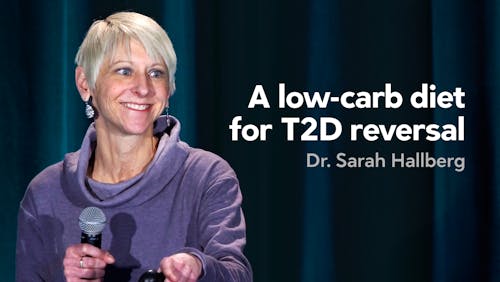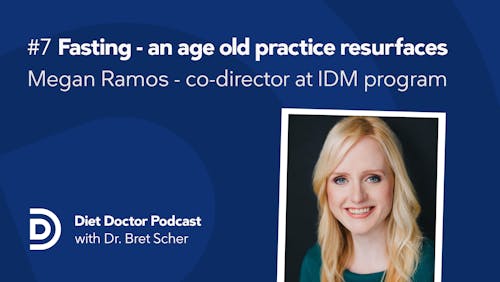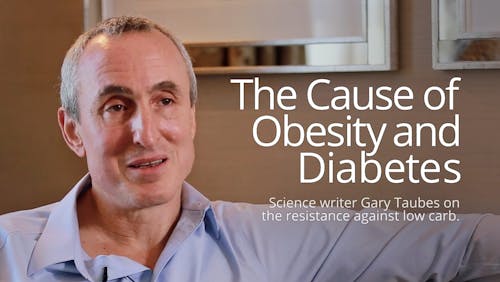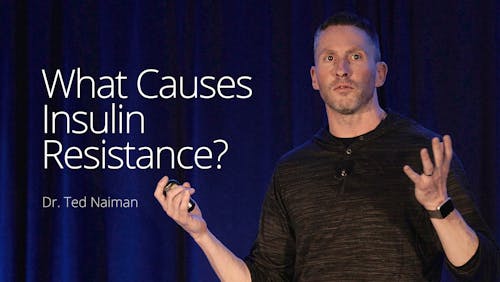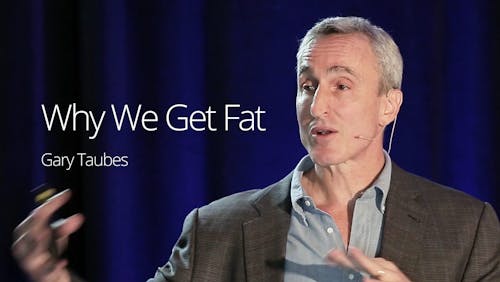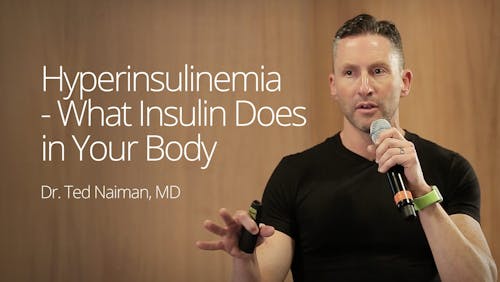Do vegetarians have fewer strokes?

A new publication in the journal Neurology suggests that those eating a vegetarian diet have a lower risk of stroke. But, as with most nutritional epidemiology studies, the data may not support the strength of the conclusion.
This paper combined two epidemiological studies, both analyzing health records of Tzu Chi volunteers, which is a very specific population comprised mostly of Buddhists in a specific region in Taiwan. Interestingly, the authors describe the population as follows:
All volunteers went through at least 2 years of training to assure they know the core value of Tzu Chi and quit smoking and drinking alcohol before becoming certified as Tzu Chi volunteers. Vegetarianism is encouraged in this population as a means to promote planetary health and animal welfare. About 30% of the volunteers were full-time vegetarians in both cohorts.”
This is important as it perfectly highlights the concept of healthy user bias. The entire population in the study was trained to be vegetarians for the “betterment of the planet and animal welfare.” What does that say about those who did not become vegetarians? Were they the ones who didn’t care about animals or the environment?
What else did those who resisted becoming vegetarian not care about? While we don’t know the answer, it is clear to me that we are dealing with two distinct groups. Their differing values and habits almost certainly transcend what they eat.
Based on this alone, we have to question the validity of the study results.
This difference is clearly reflected in the baseline characteristics, as the nonvegetarians were more likely to be men, somewhat older, and smokers and alcohol drinkers. They were also more likely to have high blood pressure, elevated fasting glucose, and be overweight.
Once again, it is unclear if any difference in stroke rates between the groups has to do with their diet or with their baseline health and overall lifestyle habits. A study like this is unable to differentiate between the multiple potential factors.
Add to that the fact that both groups sourced 60-64% of their calories from carbohydrates, and you can see that this study has little if any relevance to low-carb omnivores.
What about the results? The relative risk reduction shows that the vegetarians had a 74% reduced risk of strokes in one of the cohorts, and a 48% reduction in the other. Converting these to an absolute risk reduction, the 74% relative risk reduction equates to a 0.5% absolute risk reduction over the 9 years. 1 The 48% relative risk reduction equates to a 1% absolute risk reduction.2
Finally, this study’s findings contradict the results of a prior study that suggested a higher incidence of hemorrhagic strokes in vegetarians compared to omnivores. It is also contrary to a study from Japan showing higher saturated fat intake is associated with lower stroke risk, and a meta-analysis showing the same. (Note that vegetarian diets tend to be lower in saturated fat than omnivorous diets.) While these studies were also observational and unlikely to prove causation, variability in outcomes underscores the unreliability of observational results.
In the end, we are left with another low-quality nutritional epidemiology study. The results do not impact those of us who are eating a whole-food, low-carb, omnivorous diet. That won’t stop the headlines from promoting this as “proof” that vegetarians have fewer strokes. But now you are prepared with a more detailed analysis of the study, and know that the headlines don’t match the claims.
Thanks for reading,
Bret Scher, MD FACC
Earlier
Expert panel agrees – limits to saturated fat are not evidence-based
Potential health effects of a saturated fat tax are highly speculative
Researchers challenge WHO draft recommendations on saturated fat restriction
Start your FREE 30-day trial!
Get delicious recipes, amazing meal plans, video courses, health guides, and weight loss advice from doctors, dietitians, and other experts.
Join now






